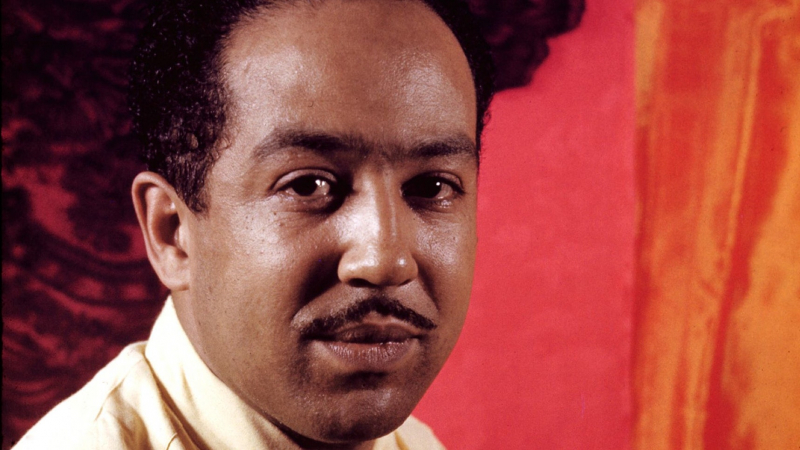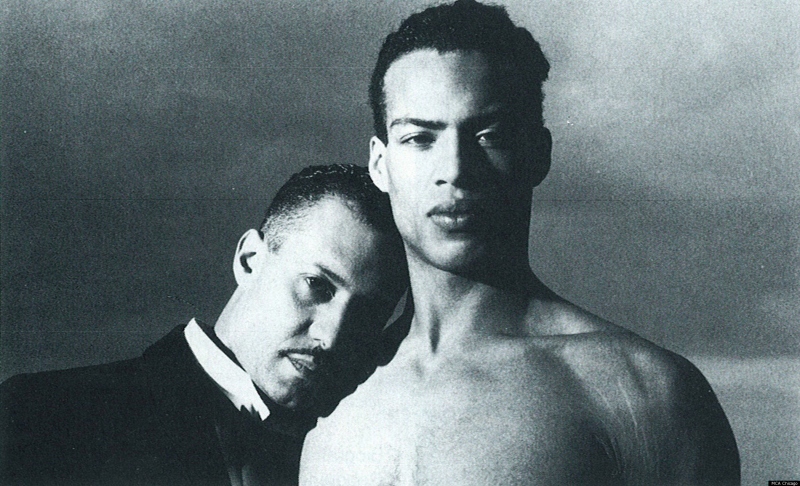Langston Hughes
Langston Hughes is regarded as the central Harlem Renaissance figure, who initiated the explosion of black artistic, literary, and intellectual life in Harlem and many other American cities. As one of the most famous poets of the Harlem Renaissance, the man also wrote plays, essays, short stories, and novels, seeking to portray the hardships and joys of black working-class people. He always strived to avoid both negative stereotypes and sentimental idealization in his works - a move highly praised by critics.
He himself exclaimed in "The Negro Artists and The Racial Mountains: "We, the younger Negro poets, want to express our dark-skinned individual selves without any shame or fear. We are glad if those white people feel pleased. But if they do not, it does not matter to us. We all know we are both beautiful and ugly."
From Langston Hughes's viewpoint, his poems are about "singers, roustabouts, workers, and job seekers in New York, Washington, or Chicago - the people raising today and shot down tomorrow, the people working hard this week only to be fired in the next, baffled and beaten, but striving not to lose entirely".
Still, such an approach still received certain backlashes. Some of his earlier works were heavily criticized by several black scholars, who claimed the poet has portrayed what they deemed as "unattractive perspectives" of the black lives.
Years: 1902–1967
Most famous work: The Nergo Artists and The Racial Mountains, The Nergo Speak of Rivers








